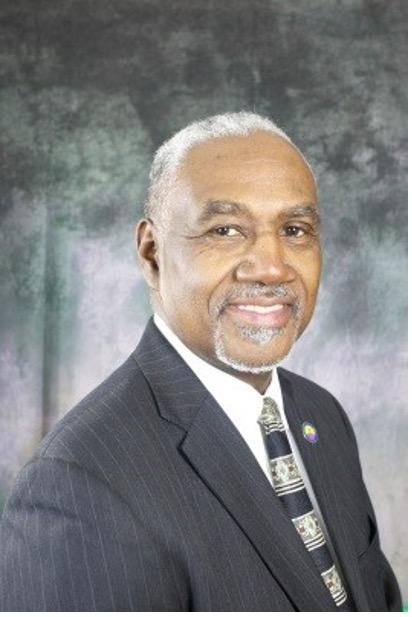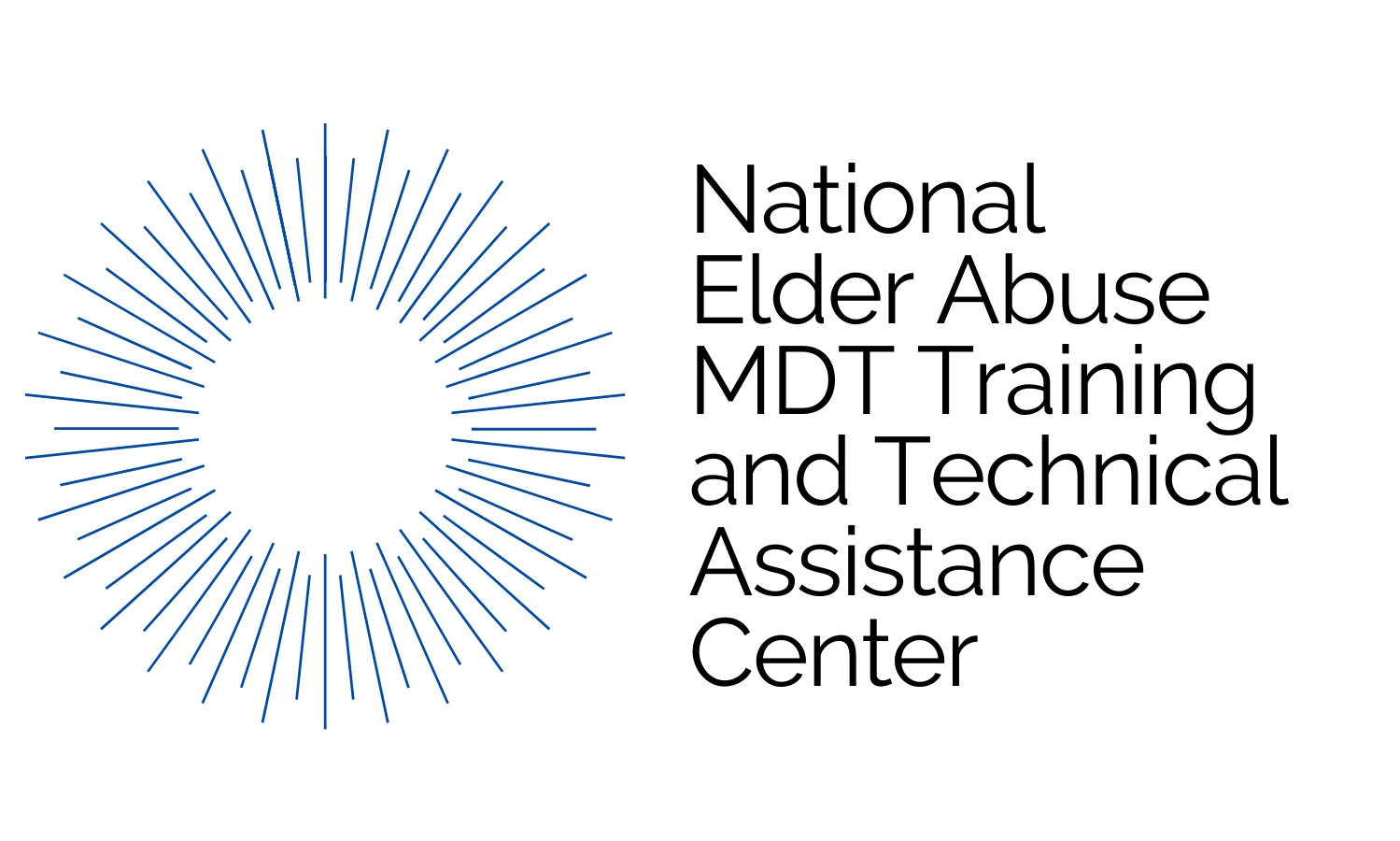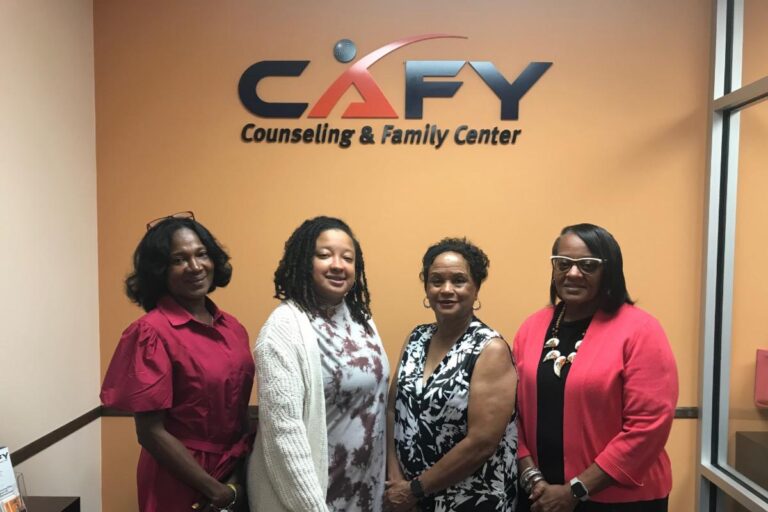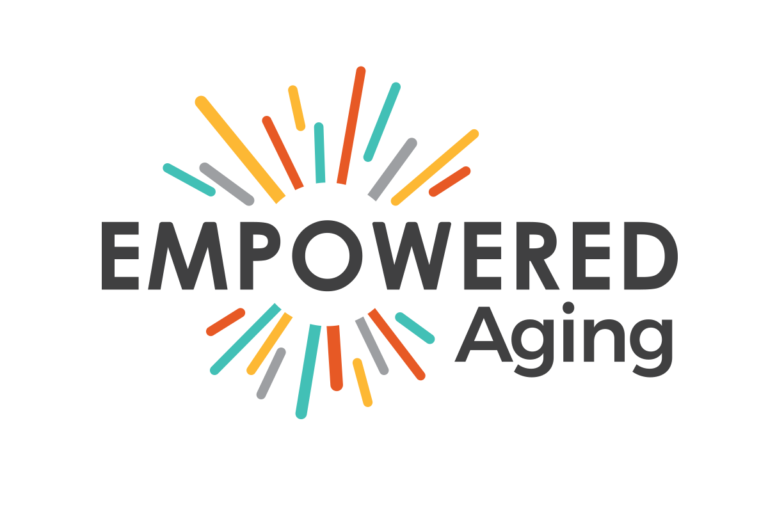
Gregory Owens is a licensed master social worker with over 34 years of experience. He previously held an appointment in the New York State Department of Criminal Justice Services working in the field. He has a long-standing career where he has worked to eradicate racial disparities in various systems and seek justice as well as fairness for communities throughout the United States and abroad. He was certified in Healing Centered Engagement in 2021 and has included that in his framework for addressing racial justice and equity issues.
What is Healing Centered Engagement?
Healing-centered Engagement (HCE) is a framework and approach that promotes healing, well being, and resilience in individuals and communities, particularly those who have experienced trauma or adversity. HCE recognizes the importance of acknowledging and addressing trauma's effects while nurturing the inherent capacity for healing and growth. It is a holistic approach that goes beyond traditional therapy or mental health services to include a broader range of supportive practices and community involvement. Some key principles and components of Healing-Centered Engagement include:
- Trauma-Informed Care: HCE begins with understanding trauma and its impact on individuals and communities. It involves recognizing the signs of trauma, creating safe and supportive environments, and avoiding re-traumatization.
- Cultural Sensitivity: It considers cultural and social factors that influence a person's experience of trauma and healing, which means acknowledging and respecting cultural diversity and the role of cultural practices in healing.
- Strengths-Based Approach: HCE emphasizes an individual's and community's strengths and resilience. It helps people recognize and build on their existing coping mechanisms and resources.
- Community and Collective Healing: Beyond individual healing, HCE often involves community and collective healing. It recognizes that trauma can affect entire communities and aims to foster connections, support networks, and collective resilience.
- Holistic Well-Being: Healing-Centered Engagement promotes well-being across physical, emotional, mental, and spiritual dimensions. It may involve various practices such as mindfulness, yoga, art therapy, and other activities that nurture these aspects of health.
- Empowerment and Self-Agency: HCE encourages individuals to take an active role in their healing process and regain a sense of control over their lives, including making choices about their treatment and healing journey.
- Long-Term Perspective: Healing is a long-term process, and HCE recognizes that it may take time and ongoing support. It is not solely focused on symptom reduction but on fostering overall well-being.
- Collaborative and Interdisciplinary: HCE often involves collaboration among professionals, including mental health providers, social workers, educators, and community organizers, similar to E-MDTs. It brings together various perspectives and resources to support healing.
HCE is particularly relevant when individuals or communities have experienced trauma, adversity, or systemic challenges and need support to heal, recover, and thrive.
Why is Healing Centered Engagement Important?
Healing Centered Engagement is vital for any organization or institution working with or on behalf of people who may have experienced harm and trauma or individuals exposed to the social toxins that plague our society because we live in an environment that produces social toxins just as it does environmental toxins. These social toxins cause us harm, resulting in despair, hopelessness, fear, anxiety, and worry. These feelings harm those who seek help and those in the helping profession. This is a collective experience, requiring a response that addresses the collective/community rather than individuals.
Foundational Aspects of HCE
Healing Centered Engagement focuses on trauma and harm experienced in the collective and differs from Trauma Stress interventions, which focus on episodic traumatic events. Healing Centered Engagement centers culture and well-being. This framework has a fundamental premise that we all need to heal because we are all exposed to social toxins.
A Helpful Resource
Dr. Shawn Ginwright's book, "The Four Pivots: Reimaging Justice, Reimaging Ourselves," is useful starting point to access more recent literature on the framework. This resource provides the "levers" that can help to implement or actualize the Healing Centered Engagement framework or culture, agency, relationships, meaning, and aspirations. They are the means by which we can develop a different worldview about the potential to heal as well as the pathway to healing and well-being.
A Practical Next Step
Read "Radical Healing" by Dr. Ginwright; visit the Flourish Agenda website at flourishagenda.com to get more information in the framework and the four pivots, gather a group of interested people, and begin to talk about how this might work in your organization or teams.



